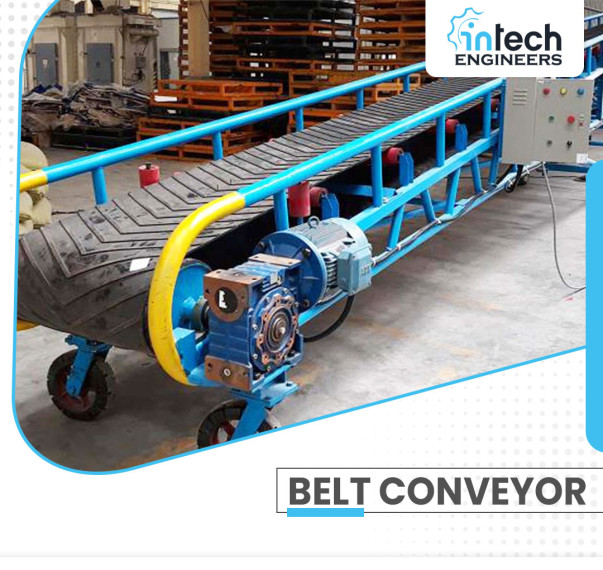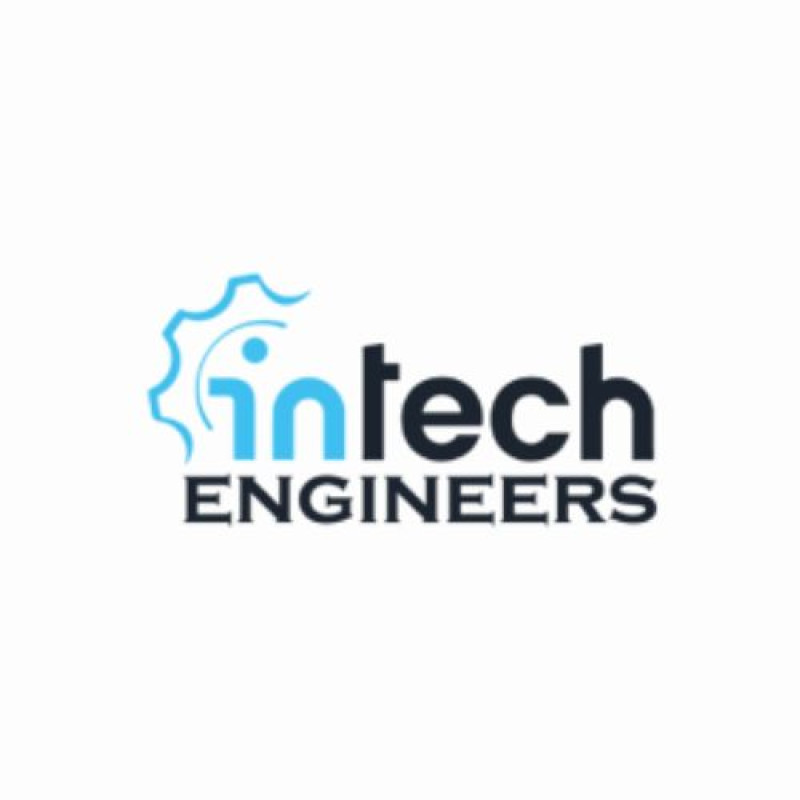
A Guide to Choosing the Right Belt Conveyor for Your Needs

Belt conveyors are the workhorses of many industries, efficiently transporting materials from point A to point B. But with a variety of configurations and features available, selecting the right one for your specific needs can be overwhelming. This guide will equip you with the knowledge to navigate the options and choose the belt conveyor that optimizes your workflow.
Understanding Your Requirements:
Before diving into conveyor types, ask yourself these key questions:
- What materials will you be transporting? Size, weight, abrasiveness, and temperature sensitivity all influence belt selection. For instance, if you're moving heavy or abrasive materials like gravel or metal parts, you'll need a conveyor with a robust belt material and sturdy construction to withstand wear and tear. Conversely, if you're handling delicate items or food products, you'll require a conveyor with a smooth, food-grade belt that won't damage or contaminate the goods.
- What capacity and distance are required? This determines the belt width, motor power, and overall length. Higher capacities and longer distances necessitate wider belts, more powerful motors, and longer conveyor lengths to ensure efficient material handling. Calculating your throughput requirements and understanding the distance materials need to travel will help you determine the appropriate conveyor specifications for your application.
- What is your facility layout? Consider space constraints, inclines, and integration with existing equipment. Whether you're working in a compact warehouse or a sprawling manufacturing facility, the layout of your space will dictate the size and configuration of your conveyor system. Inclines or declines in the conveyor path require special considerations such as cleated belts or adjustable incline angles. Additionally, compatibility with existing equipment like loading docks or packaging machinery is essential for seamless integration and workflow optimization.
- What is your budget? Balancing initial costs with long-term durability and maintenance needs is crucial. While it may be tempting to opt for the cheapest conveyor solution upfront, it's important to consider the total cost of ownership over the conveyor's lifespan. Investing in a higher-quality conveyor with durable components and low maintenance requirements can ultimately save you money on repairs and replacements down the line. Evaluate your budget constraints against the expected lifespan and maintenance costs of different conveyor options to make an informed decision that maximizes the value of your investment.
Exploring Belt Conveyor Options:
1. Belt Type:
- Rubber: Rubber belts are the most versatile option, suitable for conveying a wide range of materials and capable of withstanding various temperatures. They provide excellent grip and durability, making them ideal for industries such as mining, agriculture, and manufacturing.
- Plastic: Plastic belts are lightweight and corrosion-resistant, making them a popular choice for industries where cleanliness and hygiene are paramount, such as food processing, pharmaceuticals, and electronics manufacturing. They offer smooth surfaces that are easy to clean and maintain.
- Fabric: Fabric belts are known for their high strength and flexibility, making them ideal for conveying heavy loads or materials with uneven surfaces. They are commonly used in industries such as construction, recycling, and automotive manufacturing, where durability and reliability are crucial.
2. Conveyor Frame:
- Fixed: Fixed conveyors are stationary and designed for straight runs, making them suitable for applications where the conveyor path remains constant. They provide stability and precision for continuous material handling operations.
- Portable: Portable conveyors offer flexibility and mobility, allowing for easy reconfiguration of conveyor layouts to accommodate changing production needs. They are commonly used in warehouses, distribution centers, and shipping facilities for loading and unloading trucks or transporting materials between workstations.
- Modular: Modular conveyors consist of standardized sections or modules that can be easily assembled and expanded to create custom conveyor configurations. They offer versatility and scalability, making them suitable for industries with evolving production requirements or limited space.
3. Special Features:
- Cleats: Cleats are raised sections or ribs on the conveyor belt that help prevent materials from sliding or rolling on inclined conveyors. They provide additional grip and stability, making them essential for applications involving steep inclines or conveying loose materials such as grains, aggregates, or bulk solids.
- Sidewalls: Sidewalls are vertical barriers attached to the edges of the conveyor belt to contain materials and prevent spillage or product loss. They are commonly used in applications where materials need to be contained within the conveyor path, such as in recycling facilities, agricultural processing, or bulk material handling operations.
- Dust Suppression Systems: Dust suppression systems are designed to control airborne dust particles generated during material handling processes, helping to maintain a clean and safe work environment. They can include features such as enclosures, hoods, or sprayers to capture and suppress dust emissions, reducing the risk of respiratory hazards and improving overall workplace hygiene.
Intech Bulk Handling Systems Pvt. Ltd.: Your Partner in Efficiency:
As a leading Belt Conveyor manufacturers in India, Intech Bulks offers a comprehensive range of solutions to meet your specific needs. Their team of experts can guide you through the selection process, ensuring you get the optimal conveyor for your application.
Benefits of Choosing Intech:
- Unmatched Expertise: With decades of experience in bulk handling solutions, Intech offers unparalleled expertise in designing and implementing conveyor systems. Their team of professionals understands the complexities of material handling processes across various industries, allowing them to provide expert guidance and tailored solutions to meet your specific needs.
- Customizable Solutions: Intech recognizes that every operation is unique, which is why they offer customizable conveyor solutions designed to meet your exact requirements. Whether you need a conveyor for heavy-duty materials, delicate products, or specialized environments, Intech can tailor their designs to optimize efficiency and productivity in your facility.
- Quality Materials and Construction: Intech is committed to delivering durable and reliable conveyors built to withstand the rigors of industrial environments. They use high-quality materials and precision engineering to ensure their conveyors provide long-term performance and minimal downtime. By investing in Intech's conveyor solutions, you can trust that you're getting a reliable asset that will contribute to your operation's success for years to come.
Conclusion:
Choosing the right belt conveyor is an investment in your productivity and efficiency. By understanding your requirements, exploring available options, and partnering with trusted Chain Conveyor Manufacturers like Intech Bulk Handling Systems Pvt. Ltd., you can ensure a conveyor that seamlessly integrates into your operations and delivers long-term value.
Remember:
- Clearly define your needs and consider future growth.
- Consult with experts like Intech Bulk Handling Systems Pvt. Ltd. for guidance.
- Invest in quality for optimal performance and durability.
With the right belt conveyor, you can streamline your material handling process and achieve new levels of efficiency.
